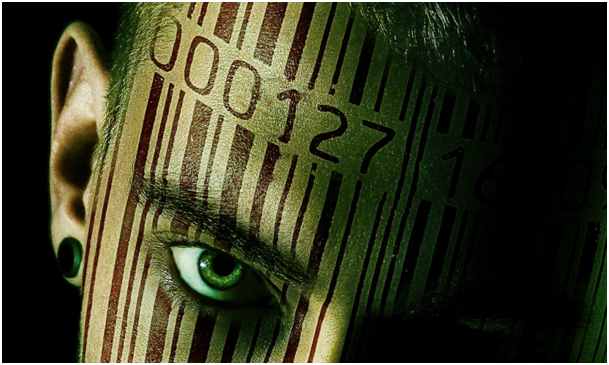Trust but Verify: Making the Case for Background Checks

The Christian Science Monitor ran a story in 2015 indicating that an estimated 50% of the entire US population was comprised of single adults, up from 48% in 2011. While certainly not an indictment against society, it is an indication of just how much pressure modern-day living places on our personal lives, and our need to connect with one another. And according to the stats, 4 out of every 10 Americans uses an online dating service.
The rampant rise in online dating apps has facilitated an ‘impulse-satisfaction culture’ where individuals simply load up a profile picture on a dating app, swipe left or right and meet their match. This begs the question: What are the security protocols in place to prevent abuse of these potentially intimate connections?
The use of dating apps is increasing across the board, and no demographic is immune to rising adoption rates. The most active daters are young adults, notably millennials who are flocking to dating apps in their droves. There is a degree of gender-based inequality in terms of the number of men versus the number of women on dating apps, with a slightly greater male bias.
Another interesting statistic comes to the fore in the form of the desirability of men over the age of 48. This is an age at which many men are considered established in their careers, and more likely to be able to ‘afford’ a partner looking for stability. Online dating has dramatically transformed from a simple matching process to a comprehensive lifelong stability package where multiple needs must be met simultaneously – emotional, physical and financial.
This brings us to the most exigent concerns of online dating, security and authenticity. Believe it or not, over half of people lie on their online dating profile. These fabrications may be trivial or serious, depending on how important the issue is to a potential suitor. For example, most people display pictures of themselves at their best from several years ago.
What You See is What You Get? Think Again…
Men are more prone to lying about their careers to sound more attractive to women. These lies are to be expected with online dating platforms that do not vet their subscribers accurately, if at all. Of course, there are premium dating agencies which conduct extensive background checks on their members to ensure that everything is as it should be, similar to the WYSIWYG (what you see is what you get) platforms on the Internet.
Online dating sites are merely tools to facilitate the meeting process. Typically, dating apps and dating sites do not delve into the intricate details of each user that signs up. If you are involved in online dating, it is incumbent upon you to conduct due diligence to ensure that the people you are communicating with are precisely who they say they are. Intentional misrepresentation is an all too common occurrence in online dating and something that should be guarded against.
There are multiple horror stories of fake personas preying on the emotional insecurities of lonely men and women. These confidence tricksters wangle their way into the unsuspecting member’s life by acting interested, caring and supportive. Unfortunately, these types of ‘relationships’ are predatorial in nature and often result in the member transferring money to other person.
Safety First with Online Dating
There are many unfortunate real-case scenarios of people meeting up with one another, only to find that they are sex offenders, fugitives, criminals, or ex-cons. Once again, dating sites make it crystal clear to their members to be 100% sure of who they are meeting in person before taking the relationship off-line. The big question is how best to verify the authenticity of the person you are meeting. Fortunately, it is possible to use a background check to uncover the truth about the person you plan to meet. It is foolhardy to take anyone at their word, let alone invite them into your life.
A background check service provides you with invaluable information by entering a person’s email address, physical address, telephone number, name and last name. The results of these findings can literally save your life. In the worst-case scenario, you could uncover an ugly reality about someone before you meet them in person and potentially endanger yourself. In the best-case scenario, the background check will validate everything the person said.
Contrary to popular opinion, a rudimentary Google, Yahoo, Bing, or Safari search does not qualify as a background check. You could miss important information about somebody that is not public knowledge on Google, or has not been ‘crawled’ by the search engines. Perhaps the information on Google has not been updated in recent years to reflect a name change, new address, telephone number, or job title.
Sometimes Google wrongly attributes the search results of someone with a similar name to the person whom you are searching for. Social media profiles are not accurate representations of who somebody is. They can be, but it is not a given. A LinkedIn search, Facebook search, or Twitter search should be used as a supplement to a comprehensive background checks service, not as stand-alone verification of someone’s identity.
Background check services tap into a complete set of resources including government reports, databases, academic papers and journals, court judgements, and other sources to paint a much clearer picture of a person’s identity and history. If a court ruling has been issued, this is public knowledge and will come up in a background check.
If a person has been incarcerated, charged with the crime, or is a registered sex offender, this information will be available to you. Many online dating profiles use fictitious names anyway, making them unreliable validators of identity. Next time you come across SurferGuy, Free2BeMe or any other moniker, make sure you know who you are dealing with, or else…





